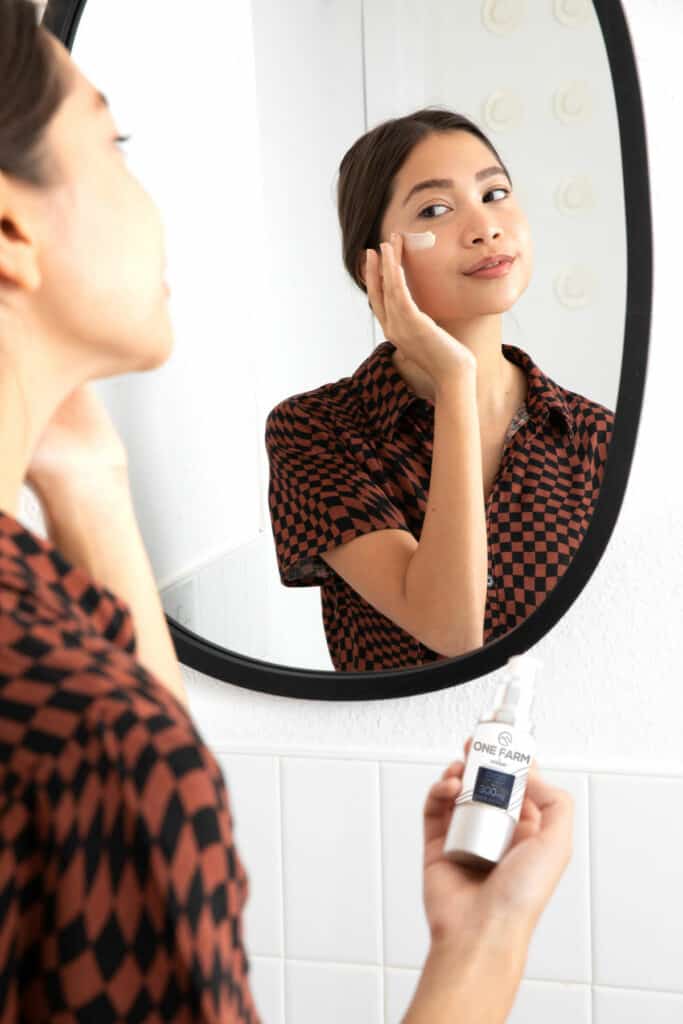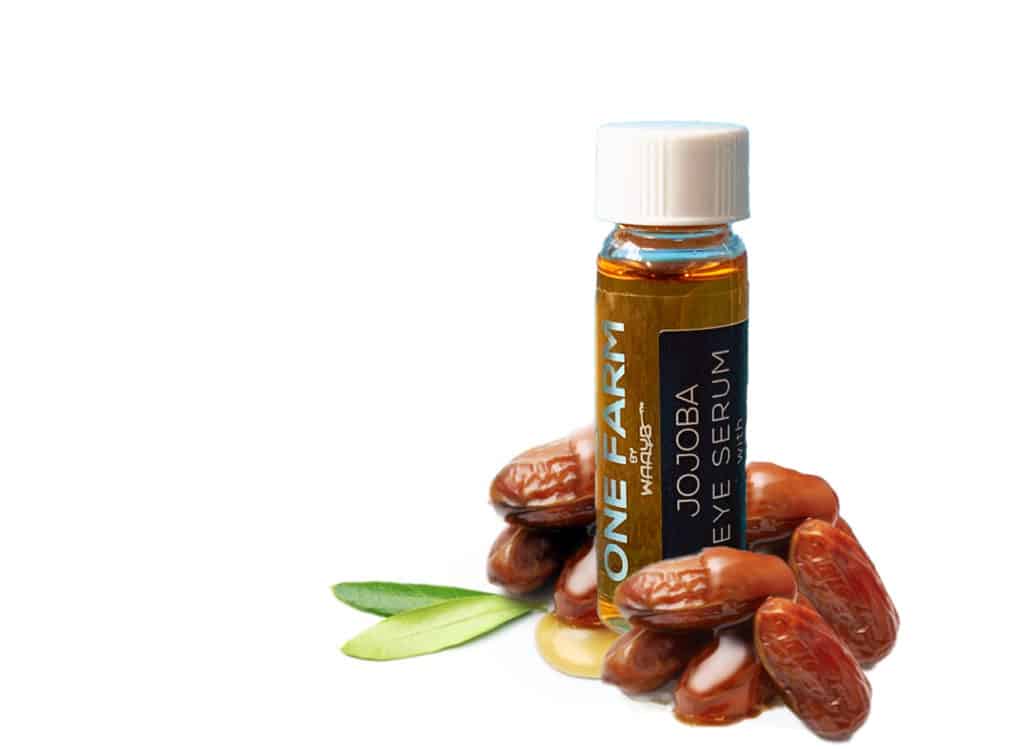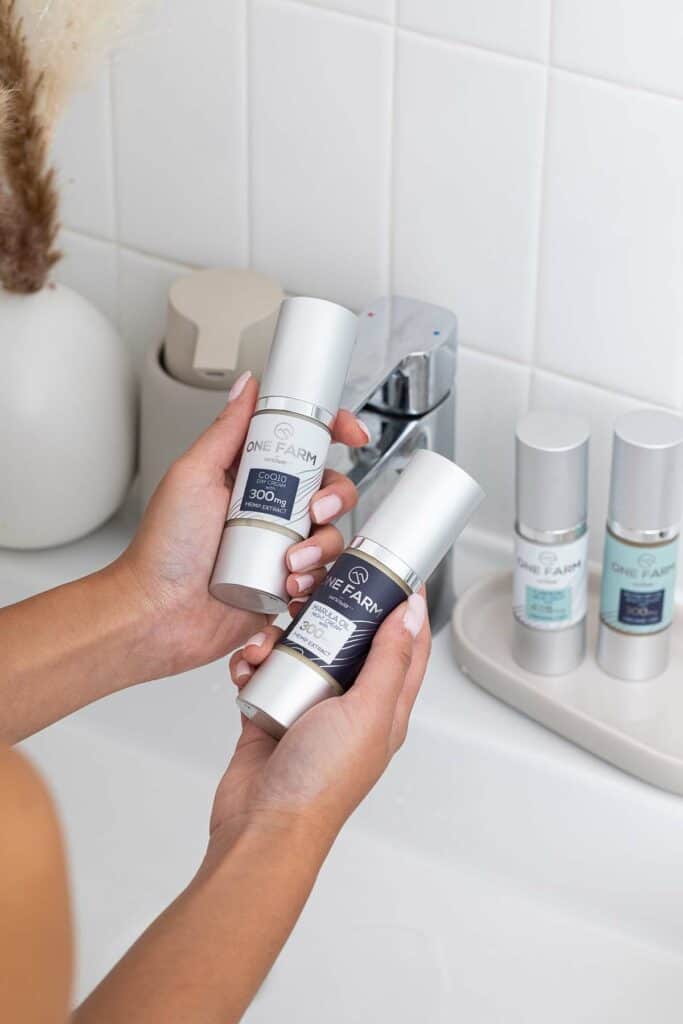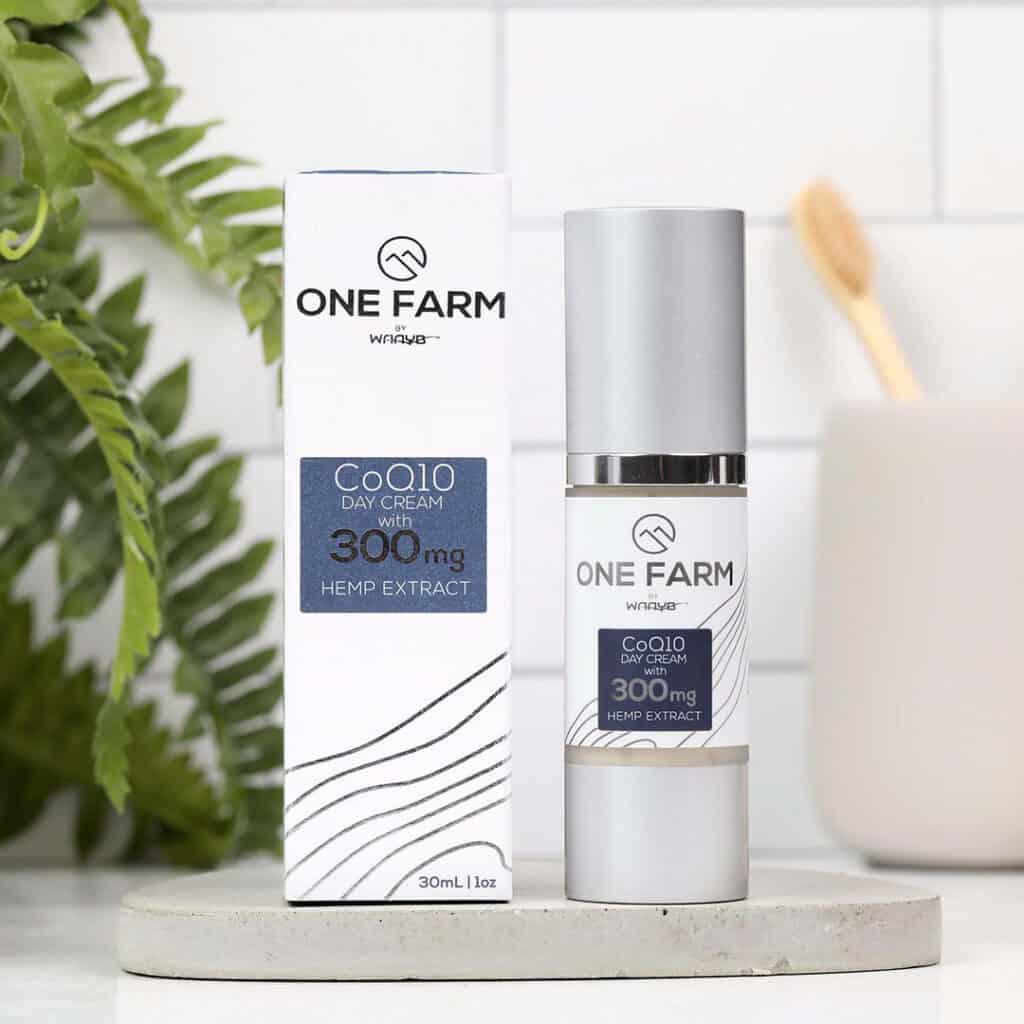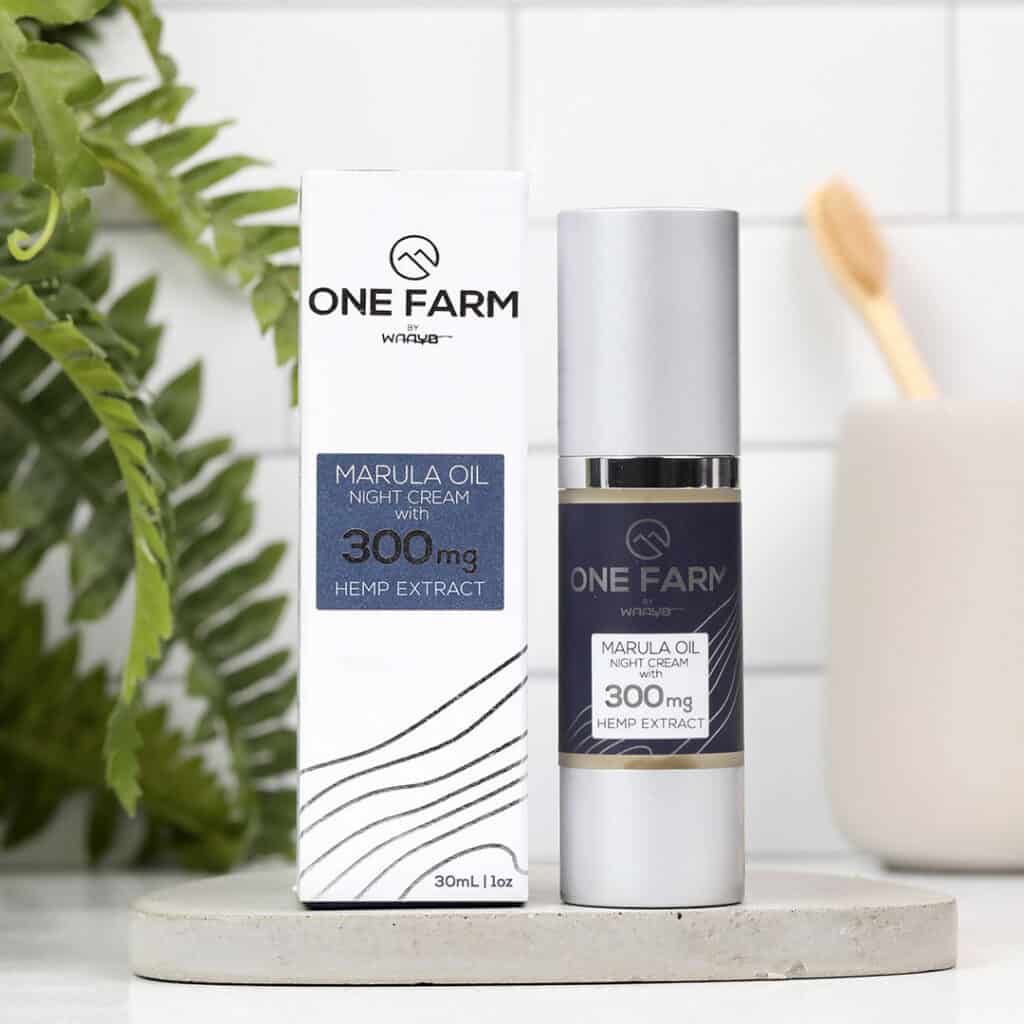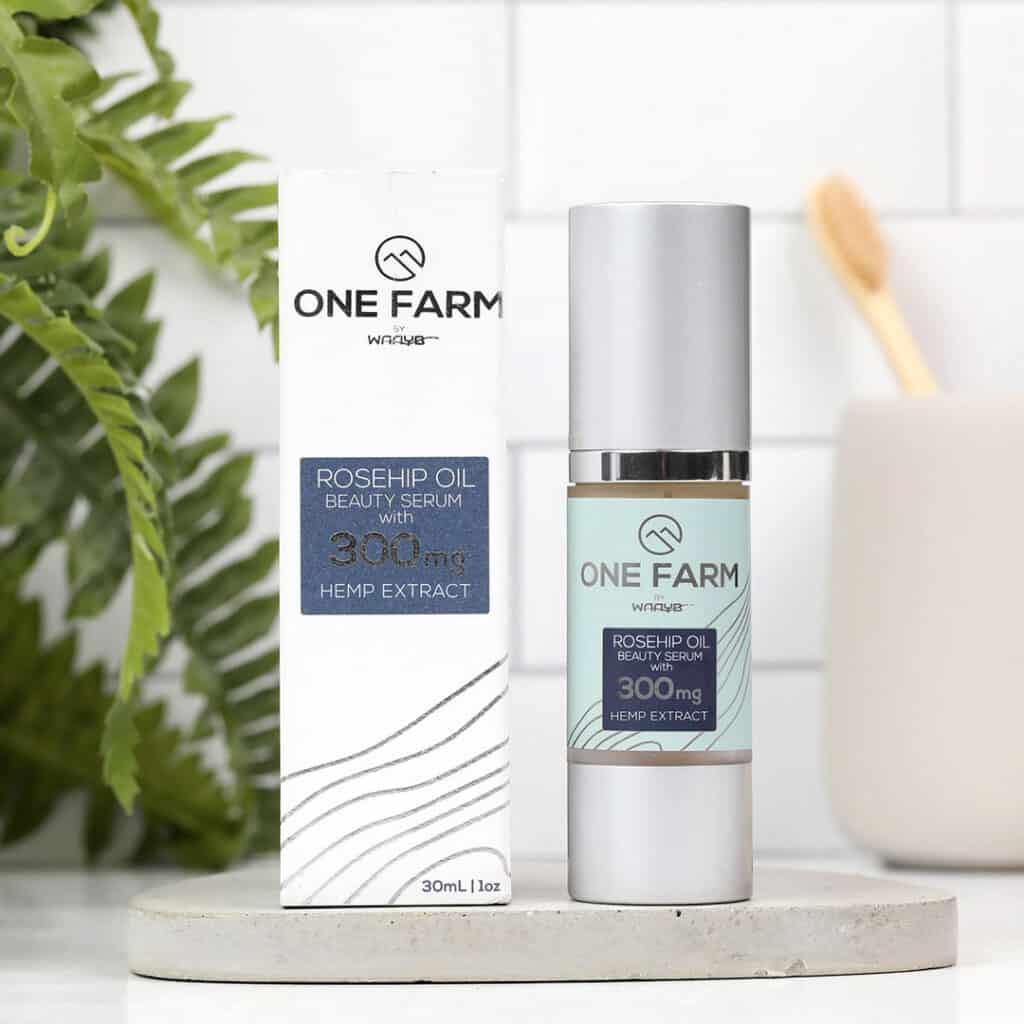
Let’s get real – how often do you actually think about the health and appearance of your skin? Unfortunately, persistent skin imperfections, such as acne, wrinkles, age spots, and eczema are all too common, and can weight heavy on the mind – while also hindering our ability to find complete confidence ourselves.
Over time, these concerns end up costing us a lot more time and money to fix than we would like. Can you put a number on how much time – not to mention money – you have invested into trying to treat acne, wrinkles, dryness, dullness, and every other “ness” that can impact our skin throughout the course of a day, week, month or even lifetime?
In today’s world, there are so many factors that can – and do – have a negative impact on our skin, and keep us from having the radiant, dewy complexion we may be striving for. We have all heard that great skin comes from within and that a balanced routine consisting of – a healthy diet, plenty of water, supplements (like – CBD oil), and good sleep are essential if we want that flawless, glowing complexion – but what about the times when we struggle to stay on top of healthy lifestyles? Stress, pizza, sun, lack of sleep, and aging are inevitable, which means that a big part of looking after our skin is treating problems as and when they arise.
On your mission to find the perfect product to fix your [insert skin struggle here], you may have noticed that the skincare aisle features a new and rapidly growing selection of CBD products. You may be wondering what CBD really is, and whether or not it will truly benefit your skin. Wonder no more, – we’ve gathered the facts here, in this CBD Skincare: The Ultimate Guide.
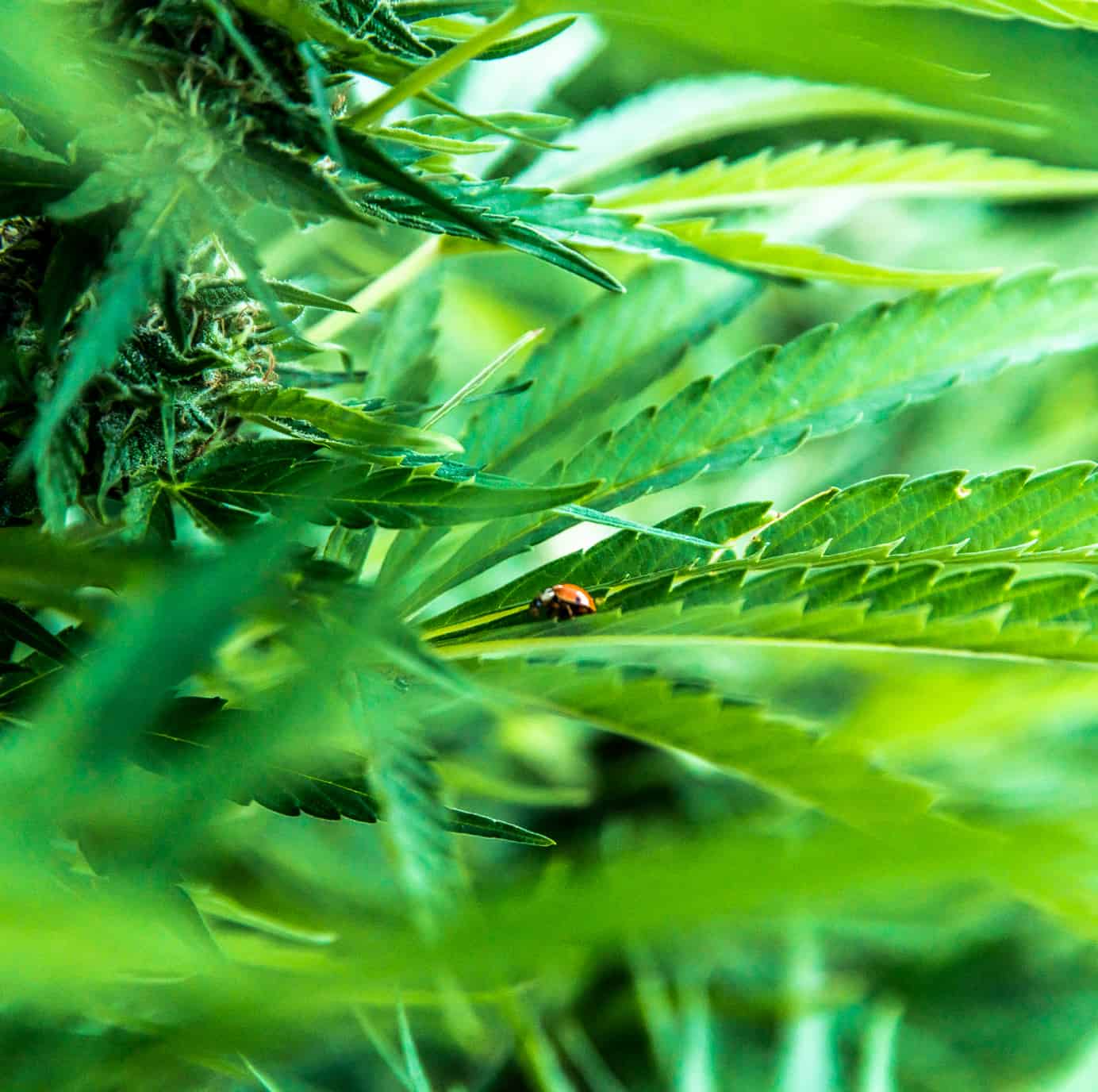
First Off, What Is CBD?
Cannabidiol (CBD) is a chemical compound that comes from the hemp plant. It is one of over 100 unique compounds found in hemp, known as cannabinoids.
Cannabinoids, which can be either consumed (phytocannabinoids) or produced naturally by the body (endocannabinoids), are chemical compounds that interact with the body’s central regulatory system (the endocannabinoid system). This system is known to manage homeostasis and affect bodily processes such as appetite, mood, and sleep. Endocannabinoid receptors are found throughout every organ (including skin) and system in the body.
CBD is an example of a phytocannabinoid. Although our bodies can naturally produce its own endocannabinoids that bind to cannabinoid receptors in both the central nervous system and the peripheral nervous system, phytocannabinoids help to kick start our central regulatory system and may provide powerful benefits throughout the body both inside and out.
While its exact benefits and effects are still being researched, recent years have seen a dramatic rise in anecdotal evidence supporting a wide range of potential benefits for our physical and mental health and wellbeing.
What We Know About Benefits to Your Skin
It is only in recent years that CBD has found its way into a prominent position on our shelves – despite the fact that it has represented a prized ingredient in cultures and communities around the globe for centuries.
As a result, no one could have predicted the speed with which we have integrated this compound into our health and wellness routines, which is why scientific researchers are still working to keep up with our own curiosity and verify many of the anecdotal claims made in favour of CBD.
Still, the subjective claims continue to pour in. Here are some of the most common:
CBD Helps Balancing Oil Production
Studies have shown that CBD may be helpful in balancing the skin, by decreasing oil production (sebum), making it useful for those who are prone to acne, or a greasier complexion.
CBD Helps Counteracting Free Radical Damage
CDB Helps Soothing Reactive or Dull Skin
CBD is also thought to be effective at normalizing and calming the effects of redness, reactivity, dullness, and that “ruddy” skin tone many of us struggle against on a daily basis.
CBD Helps Relieving Inflammation On and Beneath the Skin
Those supposed anti-inflammatory properties even make it great for those with sensitive skin, and are thought to benefit the entire body – not just what’s on the surface. It is why products like CBD transdermal cream are growing in popularity so rapidly, as those experiencing subdermal pain are able to find natural relief via the unique interaction between the body and cannabidiol.
So, while it’s true that money doesn’t grow on trees, the key to great looking skin just might. Check out this snippet from a recent Allure article called ‘Everything You Need to Know About CBD Oil in Beauty Products’:
“Topical CBD’s most enticing attributes are its anti-inflammatory and analgesic (pain-killing) properties. Scientists are finding more evidence that it can treat dry skin, psoriasis, and eczema, which is why the ingredient is popping up in so many face creams, serums, and body lotions. “Inflammation is the root of all evil, whether that’s acne or the signs of aging,” says New York City dermatologist Dendy Engelman, who notes that while acne rates are increasing, there aren’t many new treatment options coming down the pike. (“Most often, they’re reformulating benzoyl peroxide, or a retinoid, or some kind of acid,” she says.) As it turns out, CBD might be the ticket to clear skin, too.”
Whether your goal is to even out your skin tone, clear up that acne you have been fighting for years, diminish those fine lines, or simply maintain the healthy glow you already radiate, we want you to know what you’ll want look for when choosing the best topical CBD products for you.
When looking for CBD skincare specifically, there are a couple of things you want to look for on that pretty little label. They say never to judge a book by its cover, but we most certainly can – and should – judge the product by its packaging. It can be easy to ignore these ingredients lists, as they often comprise a long list of terms that do not hold much meaning outside of a lab.
It is possible, however, to distinguish a worthwhile product from one that may not be as beneficial as it makes itself out to be. Getting familiar with the good terms and ingredients, and learning to recognise those that you just don’t want on your face, will help you to sort the good from the bad in the cosmetics world.
Here are the questions you should be asking yourself before you take the plunge:
- Do the ingredients include the words “cannabidiol” or “phytocannabinoids”?
These are key ingredients in any product that contains actual CBD. You do not want to settle for just hemp oil, which is only extracted from the seeds of the plant, and not the nutrient-rich leaves, stem, and flower.
The sign of any valuable CBD skincare range is an abundance of cannabinoids, and that the company behind that range has taken steps to ensure that they are maintained throughout extraction and processing.
- Is the CBD in the product full-spectrum?
Studies have shown that full-spectrum CBD products are more effective than those made with CBD isolate. Why? Full-Spectrum CBD means essential vitamins and nutrients stay intact during the extraction process, including Omega-3 Fatty Acids, Vitamins E, A, and C, Zinc and Phosphorus, Iron and Calcium, Magnesium, and Potassium. Each of these is pretty awesome for your face!
Certain acronyms, including CBDA, CBN, CBG and CBC will be present on the label if the CBD is full-spectrum. If it isn’t, these cannabinoids and compounds will have been lost during extraction.
- Are the products third-party tested on the purity and potency of the CBD?
Transparency is key – particularly when it comes to ingredients that remain relatively new to so many of us. A skincare company – or, for that matter, any company at all – that is worthy of your money will not only be willing to share their processes with you, but they will be proud to have the opportunity to do so.
If a company is withholding details about any stage of the production process, you can feel sure that this is not an oversight. Particularly in the CBD world, where many shoppers still aren’t sure exactly what it is they are looking for, it is all too easy for companies to make use of smoke and mirrors.
If they are open and honest about their processes, and willing to be third-party tested, you can feel confident about the products you are using.
- Has the Company Invested into stable packaging?
You don’t want to purchase products with bottling that exposes plant ingredients to light or air, thus reducing their efficacy.
- Do the Products Contain Any ‘Filler’ Ingredients That Will Harm You/Your Skin?
Make sure that the products you choose come from companies that are upfront and honest about the suitability and value of the ingredients they have chosen to use, as well as being committed to safety testing.
- Do the Products Contain Organic CBD?
As we mentioned, it is vital that the CBD found within your products is full-spectrum – but this is only half of the story.
As with many of the ingredients we consume or use on our skin, it is equally vital that we ensure we are only using organic CBD – that is, CBD extracted from plants that have not been exposed to use of chemical fertilizers and pesticides.
A natural, safe product is one that is supported by natural farming methods and safe, beneficial ingredients. Without this foundation, we cannot trust the end-product.
What Ingredients Should You Avoid in Skincare?
You may have heard somewhere before,- that skin is the human body’s largest organ – in fact, it could cover a surface area of approximately 22 square feet.
Your skin is also considered porous; it easily absorbs whatever you put on it, which means that we are all at the mercy of whatever cosmetic brands decide to add into our skincare products.
Unfortunately, ‘best practice’ has not always been the guiding force for some operating in the cosmetics industry. The following ingredients and chemicals have all been found to pose a risk to our skin, but remain all-too-common on the skincare shelves:
Parabens
Artificial fragrances/Parfum
Polyethylene Glycol
Mineral Oil
Hydroquinone
Retinyl Palmitate/Acetate
Benzophenone
BHA, or Butylated compounds
Propylene Glycol
Phthalates
SLS, or Sodium Lauryl Sulfate
SLES, or Sodium Laureth Sulfate
If the skincare you use contains these harmful ingredients or other harsh, toxic chemicals, colors, and fragrances, those ingredients can make their way into your body, your blood, and your lymphatic system.
Research suggests that a devastating number of popular products contain a cocktail of these chemicals – some of which have not been around long enough for researchers to yield conclusive studies on the long-term health risks of absorption into the body.
CBD: A Refreshing Change
CBD-based skincare products offer a healthy alternative to all of the above, but you do have to show as much caution toward this ingredient as you do with any other. Remember to ensure they are full-spectrum, from an independently-reviewed and reputable company that can trace the source of its CBD, in order to assure purity.
CBD products may not be the magical unicorn product that will cure everything, but they offer a natural alternative that may meet your skin’s unique needs and make you feel as though your hard-earned dollars have been well spent.
You want to know that you aren’t about to spend more money on another expensive and/or toxic product that will end up taking up space in your shower, drawer, or under a sink. A good skincare routine will last you a lifetime, and ensure that your skin is getting all of the ingredients it really needs in order to look and feel its best.



